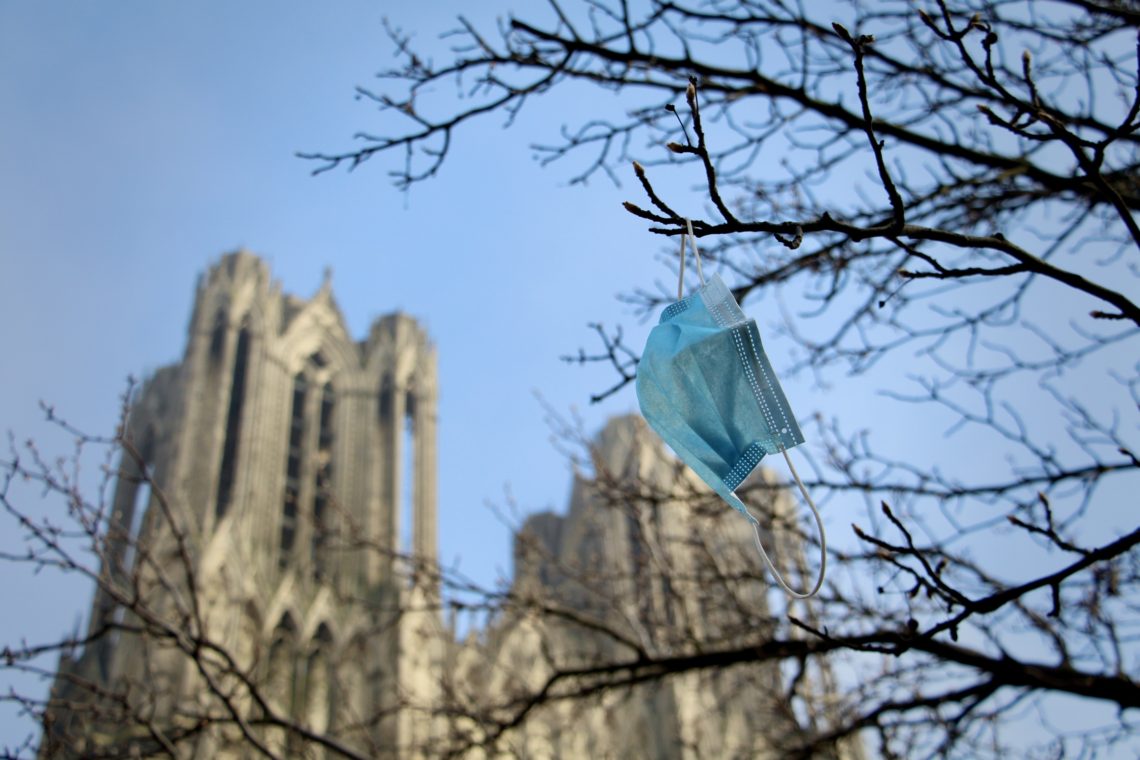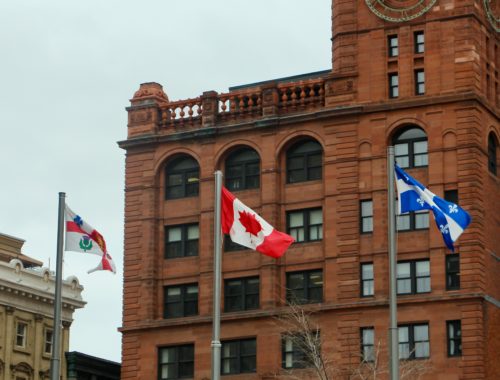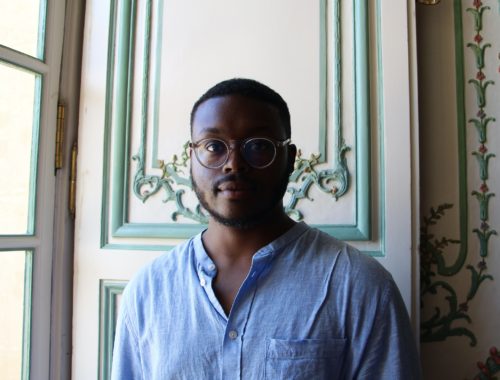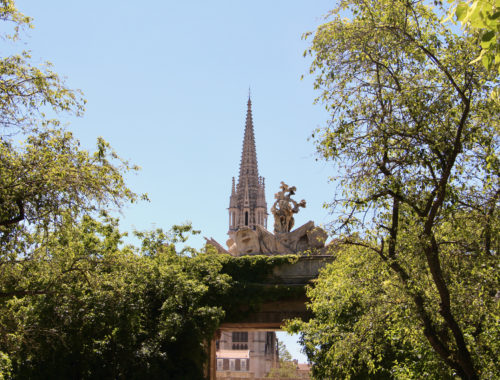
How COVID-19 Shifted Our Perspective as Americans in France
COVID-19 is a thief. Countless people have lost their lives, their loved ones, and their jobs to the pandemic. Celebrations that bring people together like graduations, weddings, and festivals have been cancelled. Schools, museums, movie theaters, restaurants, and even borders have been closed.
Jalen and I couldn’t have known that COVID-19 would begin during the first months of our life abroad, nor could we have predicted that we’d still be dealing with it in 2022. We’ve watched as the experiences we dreamed about for years were tainted with fear, lockdowns, and last-minute changes. Powerless in the face of the disease wreaking havoc all over the world, every plan we had so scrupulously made had to be adapted to this new reality.
Though living in France has always been our dream, we didn’t see the first few years going quite like this. Here’s an honest look at how COVID-19 has affected us as Americans living in France – and how we’re trying to deal with it.
TAPIF Struggles
We had a pretty standard experience with the Teaching Assistant Program in France (TAPIF) from September 2019 to February 2020. Come March, French President Macron announced that schools would be closed until further notice and that a two-week mandatory lockdown, that ended up being extended until mid-May, would begin. At the time, such measures seemed unbelievable.
Incapable of teaching our students, we spent two months in confinement together in our apartment and went out only for the strict necessities. Instead of working for 12 hours a week until the end of our contracts in April, we had to keep ourselves occupied indoors and come to terms with the fact that we wouldn’t be able to say goodbye to our colleagues and students.
We were scared, anxious, and incredulous that we were experiencing a pandemic. The days and nights blurred together into a seemingly endless cycle of movie watching, social media scrolling, wine drinking, and grocery shopping.
Jalen and I had planned to spend much of the summer traveling in France, but came to the conclusion that an extended vacation during a pandemic would be dangerous for our health and a waste of our money. Instead, at the recommendation of both our employers and the American government, we returned to the United States.
Master’s Degree Catastrophe
For years, we had planned to graduate with our degrees from the University of Mary Washington, participate in TAPIF for one year, and then attend French graduate school. However, amidst border closures and flight cancellations, Jalen and I didn’t know if we’d be allowed to return to France to begin our master’s degrees at all. For months, unable to begin planning the next few years of our lives in earnest, we waited with bated breath for news.
In June, the French government announced that international students would be allowed to enter the country despite the borders remaining closed to tourists. We were tentatively relieved and began assembling the mountain of documents required to obtain our visas and re-enter the country.
The final obstacle between us and moving back to France was scheduling a COVID-19 test within 72 hours of our departure. At the time, it was extremely difficult to find testing centers with open appointments and such a short turnaround. We wound up receiving our negative results just hours before our plane was scheduled to take off!
We made it to Reims, found an apartment, and enrolled in school just in time for France’s second national lockdown and the implementation of curfews in October 2020. Our university classes were moved online after just one month, non-essential businesses were closed down, and we were more or less stuck indoors again. We could hardly believe that six months after our TAPIF experience was cut short, we were spending our days in front of our computer screens instead of in the classroom. Though the bulk of the restrictions were lifted in December, the curfew stayed in place and universities remained closed.
In April, about halfway through the second semester of our first year of grad school, France went back into national lockdown. We finished out the year mostly online, save for a few in-person exams. It felt like we spent as much time lying in bed as we did doing anything else.
Gradually, restrictions were lifted once more, and summer 2021 brought vaccines, health passes, and a bit of freedom. In the fall, we returned to in-person classes for the second year of our master’s degrees. Between mandatory mask wearing and our peers somehow constantly coming down with COVID-19, it’s been anything but a normal year. As we enter our final semester, we can only hope that the sanitary situation doesn’t call for further restrictions.
Coping with COVID-19
The first step in dealing with the effects of COVID-19 in our lives is acknowledging what we’ve lost – without forcing ourselves to find a silver lining. We can’t go back in time, and that means that we’ll never get the opportunity to experience TAPIF nor our French master’s degree studies in non-pandemic conditions. We’re taking the time to grieve what might have been were it not for COVID and giving ourselves permission to feel and process our disappointment.
It’s also been crucial for us to cut ourselves some slack. Living through an international health crisis causes ongoing stress and anxiety, causing changes in our habits, our moods, our productivity levels, and more. Holding ourselves to pre-pandemic standards doesn’t make sense – the world is completely different and so are we! We’re focusing on adapting to life as it is now rather than pining for life before COVID.
The pandemic has made connecting with other people more difficult, so we’ve found it helpful to prioritize staying in touch with our friends and loved ones safely. Video calls, text messages, and social media interaction are all ways to communicate when it isn’t possible to get together in person. COVID and quarantine go hand in hand, but we’re trying to minimize social isolation by taking advantage of the technology available to us.
We hope you’re finding ways to cope with the devastating losses that the pandemic has compelled us all to accept. If you live abroad, what has your pandemic experience been like? Let us know in a comment.
You May Also Like

Five Reasons Québec, Canada Should Be On Your Destination List
November 20, 2019
How Louis XIV Became My Loyal Travel Companion and a Pillar of My Love for France
August 10, 2022

